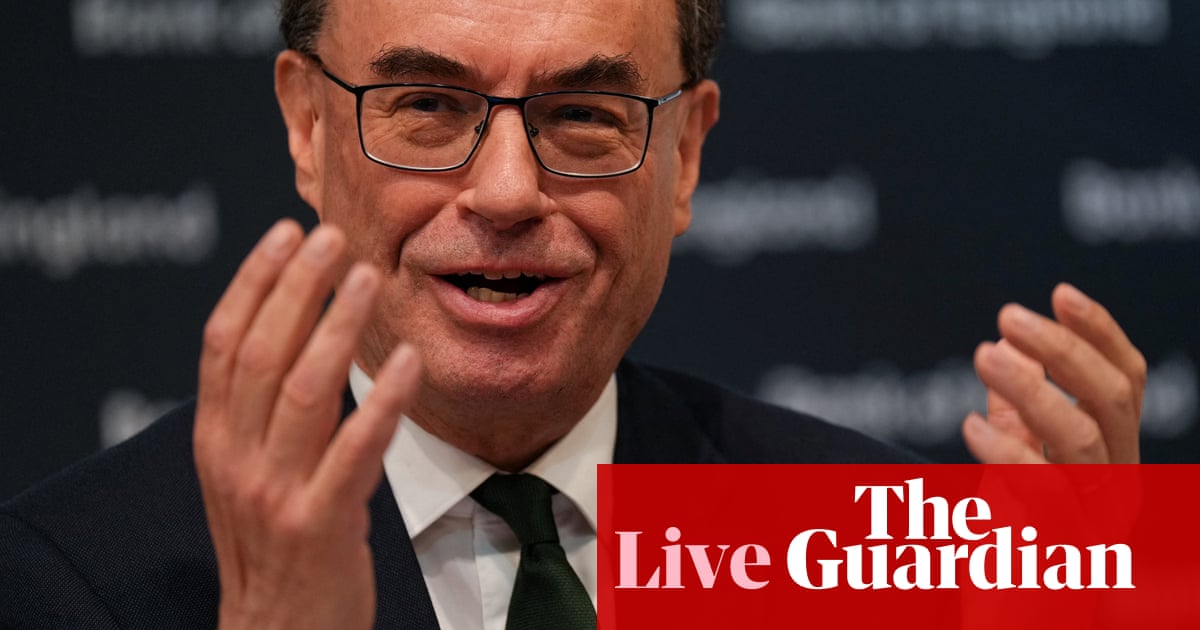Last summer, I fell and cracked four of my front teeth. Pieces chipped off at unhelpful times, I spat small shards politely into the sink and cursed every uneven paving stone and every apple, too. The dentist told me we wouldn’t know whether root canals or similar would be necessary for about six months and, as that six months rolls around, I find myself snarling into the mirror and thinking about teeth far more than is right.
Teeth are, I’d always thought, like deep sea creatures or details of my screen time, really none of my business. Their job is to gnaw, gnash, slice and grind as effectively and quietly as possible. My job is to keep them clean. That’s it. Fin. Beyond the brushing, none of my business. Cracking the front ones, however, has also opened a crack in my relationship with teeth, and now I am suddenly aware, not just of their precarious vulnerability, but of their increasingly weird place in contemporary culture.
When I interviewed Rylan in 2022, he had just had his veneers smashed out and replaced with something “more natural”, and where Rylan goes, the world tends to follow. The dental prosthetics market has tripled over the past 20 years and is expected to grow by more than 70% in the next five, driven (according to a piece in the Cut about the rise of “beautifully imperfect veneers”) by young people “asking for veneers that look increasingly like subtly better versions of the teeth they already have”. But like the ‘no makeup’ makeup and the trend towards skincare over foundation, “imperfect” veneers aren’t simply the return to nature they claim to be, they’re a marker of class, an expensive evolution of artificiality.
This prosthetics boom is happening during a serious crisis in NHS dentistry, where (due to dentists quitting and nine out of 10 practices not accepting new NHS patients) millions of people in the UK find themselves in “dental deserts” without access to basic healthcare. This has led to horrific reports of “DIY dentistry”, with people attempting at-home root canals, and pulling out their teeth with pliers. And as the NHS practices decay, private clinics have started growing in odd directions, repositioning themselves often as luxury wellness destinations.
I was invited last year for a press appointment to get my teeth cleaned (an “oral detox”) at the Nejati clinic in Belgravia, a place that had the air of an opulent spa – low lighting, art books, LED whitening thrown in as standard. They say they take “a holistic approach to dental and orofacial care” and the architecture is “inspired by the structure of bone”. It was quite lovely and quite uncanny, and quite unlike any dental practice I’d visited before – this felt like walking through my NHS dentist’s mirror into opposites world.
The visit prepared me for a recent Times piece headlined, “Why dentists are the new social media stars”, which introduced “a new breed of super-dentist who have entered the beauty arena”. When the standard dental experience is gritted with frustration and pain, it’s very tempting to follow them.
I’ve never had perfect teeth, not even close, but the act of browsing these dentists’ sites (in a journey that began with searches for potential root-canal fees and ended with the idle question of whether I might benefit from a spot of “dental microlayering” while they were in there…) had started, I realised, to affect my perception of myself.
In the same way that your bare face, with its pores and spots, can begin to look peculiar after you’ve been exposed to faces that have been adjusted with filler and Botox, so do your unfixed teeth begin to feel abnormal. Had I really been walking around all this time without gum contouring, porcelain veneers, and/or internal whitening, like an animal? Like an ANIMAL?
Ideas of perfection shift – “too perfect” suddenly reveals itself as common, as cheap. Its flawlessness exposes the money paid and effort exerted, while “beautifully imperfect”, even though it costs three times the price and requires twice as much labour to create, reads not just as acceptable but as morally superior. But this will shift again, and again, and again. My NHS dentist (a nice man, his waiting room has one of those wire table-mounted toys with coloured balls babies can push solemnly around, and a TV silently blasting bad news) says that quite soon I might need an operation, or crowns, or new teeth, and it will be very painful and very expensive, so I’m thinking – I’m thinking quite seriously – why not knock myself out in a Chelsea spa and get a whole new smile as a job lot? The crack has opened, and I can feel myself slowly starting to fall.
Email Eva at [email protected]

.png) 3 months ago
50
3 months ago
50













































